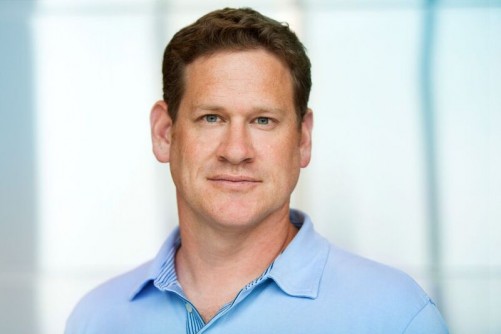$26.5 million grant to fund first large-scale study on African-American men with prostate cancer
 The Keck School of Medicine of USC is leading a $26.5 million effort to conduct the first large-scale, multi-institutional study on African-American men with prostate cancer to better understand why they are at higher risk for developing more aggressive forms of the disease and why they are more likely to die from it. The RESPOND study, funded by grants from the National Cancer Institute, the National Institute on Minority Health and Health Disparities and the Prostate Cancer Foundation, will look at the role of social stressors and genetics in the development of prostate cancer in African-American men. Researchers hope to recruit 10,000 African-American men nationwide to participate in the study.
The Keck School of Medicine of USC is leading a $26.5 million effort to conduct the first large-scale, multi-institutional study on African-American men with prostate cancer to better understand why they are at higher risk for developing more aggressive forms of the disease and why they are more likely to die from it. The RESPOND study, funded by grants from the National Cancer Institute, the National Institute on Minority Health and Health Disparities and the Prostate Cancer Foundation, will look at the role of social stressors and genetics in the development of prostate cancer in African-American men. Researchers hope to recruit 10,000 African-American men nationwide to participate in the study.
“Not only are African-American men twice as likely to develop prostate cancer, but they are more likely to have an aggressive, more lethal form of the disease, and we don’t know why,” says the project’s principal investigator Christopher Haiman, ScD, (pictured above*) professor of preventive medicine at the Keck School. “It’s a health disparity that needs to be addressed. Considerable money, time and effort has gone into studies in men of European ancestry; it is time for a large-scale effort devoted to men of African ancestry.”
The RESPOND study will focus on both biological and social factors that may influence the development of prostate cancer in this group. Social stressors such as discrimination, socioeconomic status, education, early life events and where men live will be assessed via an online survey. Studies have shown that stress affects health, but little is known about whether stress has an impact on the development of aggressive prostate cancer, Haiman explains.
Men participating in the study will also be asked to provide a saliva sample and to grant permission for researchers to access their prostate cancer biopsy tissue. The samples will be used to identify genetic markers for prostate cancer and tumor characteristics, with a special emphasis on aggressive prostate cancer. All donated biological samples will be used solely for research purposes.
“We plan to look at variations in DNA that are associated with prostate cancer overall and, more importantly, for aggressive forms of prostate cancer that are lethal. These genetic markers will ultimately help us to identify men in future generations who are at high and low risk for prostate cancer,” Haiman says.
Other institutions participating in the study include Rutgers Cancer Institute of New Jersey, New Jersey State Cancer Registry, New Jersey Department of Health, Public Health Institute, Emory University, Dana-Farber Cancer Institute/Harvard University, Johns Hopkins University, LSU Health New Orleans, Baylor College of Medicine, Moffitt Cancer Center, Barbara Ann Karmanos Cancer Institute/Wayne State University and University of California, San Francisco.
Recruitment for the RESPOND study will begin in September 2018. For more information about the study and how to participate, visit respondstudy.org.
*photo credit: Christopher Haiman